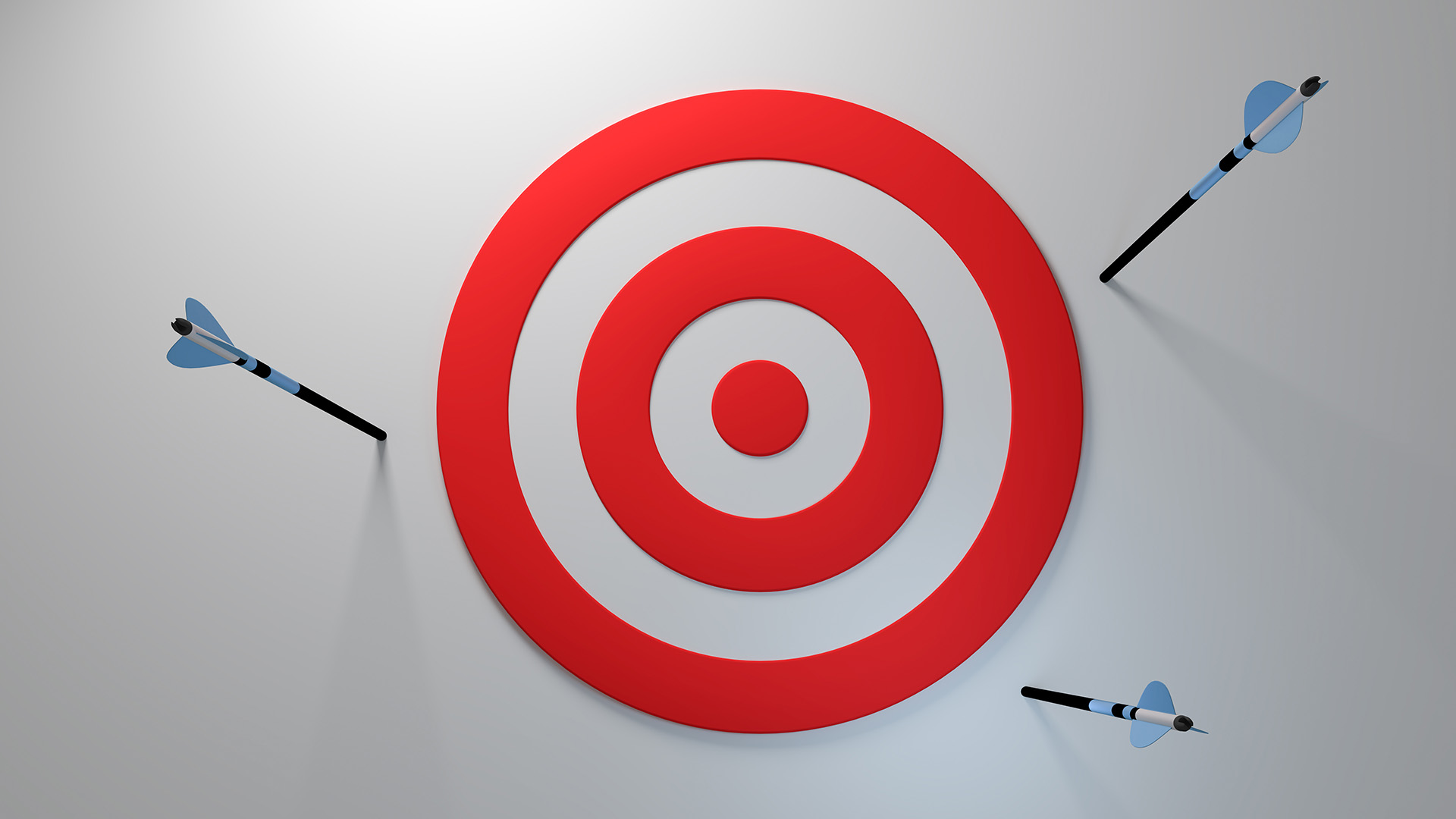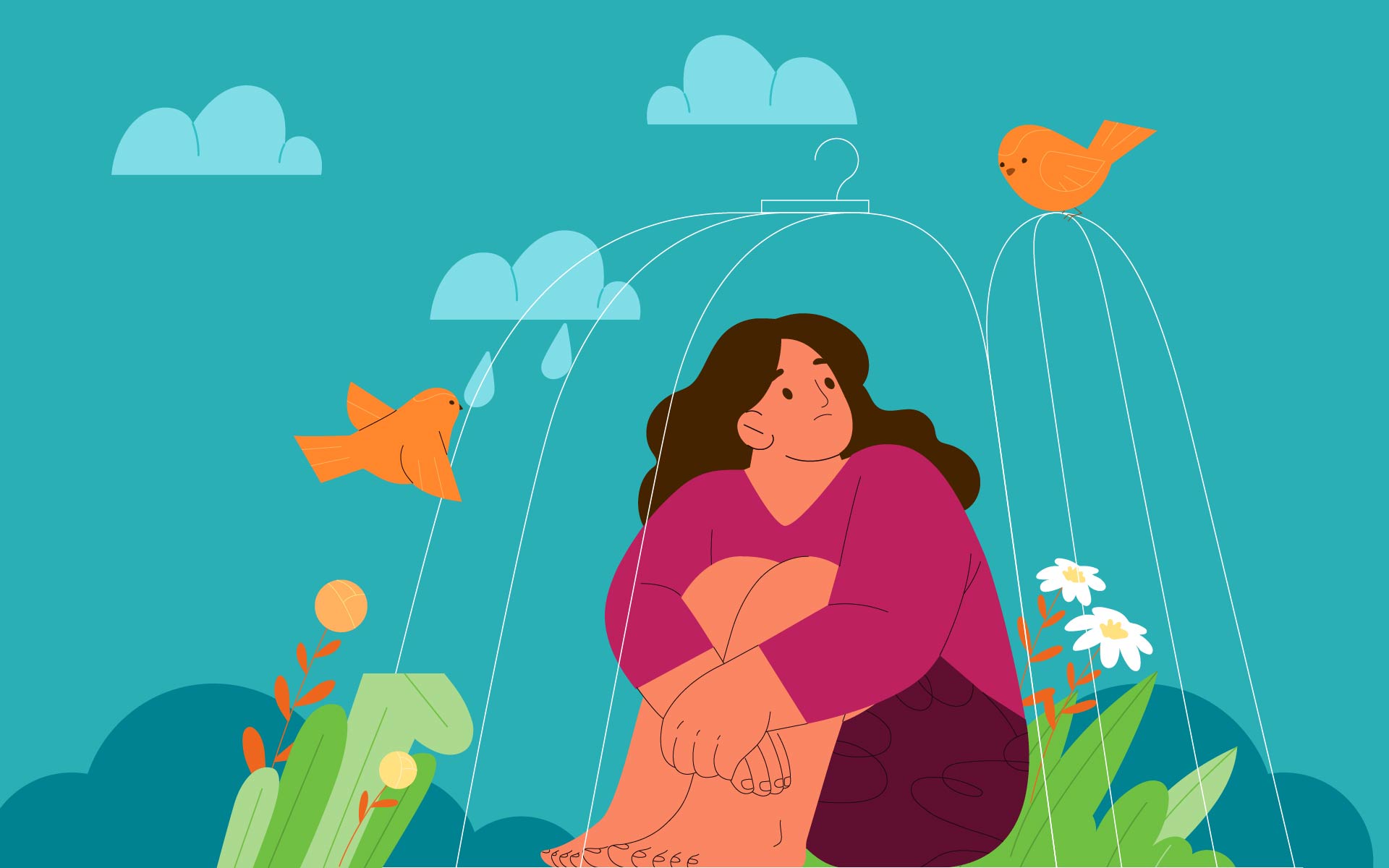The novelist Petina Gappah was born in the country of Rhodesia—a former British colony in central Africa that is about the size of Montana with a population greater than Pennsylvania—and experienced its birth as the independent nation of Zimbabwe. For Gappah, the experience combined both heroism and failure. Reaching independence was a heroic cause, but the young country has experienced great upheavals and in her view has fallen short of the lofty ideals that drove the independence movement. “Heroic failure” has become a watchword for her. She has told interviewers that the phrase expresses something quintessentially human: when we reach high, we often fall short. While many regard “heroic failure” as a bad thing and a derogatory term akin to “epic fail,” “loser,” and “hopeless case,” Gappah does not.
Her book Out of Darkness, Shining Light celebrates the life of the nineteenth century doctor, missionary, and explorer David Livingstone, who was searching for the source of the Nile River. In a time long before telephones and GPS, Livingstone’s expedition was famously four years or more past its best-by date and he was lost to the world until the New York Herald sent the young journalist Henry Morton Stanley to find him dead or alive. When Stanley came upon the doctor, sickly and bedraggled, he uttered his famous overly formal question, “Dr. Livingstone, I presume?”
The novelist Gappah, pointed out in an interview on the Canadian Broadcasting Corporation’s “Writers and Company” that Livingstone heroically failed in more than a few ways. He never did find the source of the Nile, he converted not a single person to his religion, and above all his passionate anti-slavery views did nothing to eradicate that scourge in his lifetime. While he kept no slaves on his expedition, he did have to make deals with slavers at various points to make his way through uncharted territory. The impulse, Gappah points out, is to consider Livingstone a failure, but she prefers to put the accent equally on the heroic aspect of his efforts. While he did not bring about an end to slavery in his lifetime, the trade was outlawed after his death and to this day he’s greatly admired for his anti-slavery stance.
Her point is that to reach high, to try to achieve something that is bold and audacious, is to risk failure. In sports, a frequent source of analogies for human endeavors, it’s common to hear various versions of UCLA Bruins Coach Red Sander’s dictum, “Winning isn’t everything. It’s the only thing.” But human life is not a game with periods and referees and points that add up. Real endeavors keep going and they’re much more complicated. Easy wins are easy to come by, but if you reach higher in an attempt at real change, constantly keeping score will ensure that your enthusiasm will dampen.
Easy wins are easy to come by, but if you reach higher in an attempt at real change, constantly keeping score will ensure that your enthusiasm will dampen.
If we simply use the measure of winning or losing, many people we admire become failures. Neither Gandhi nor Mandela nor Martin Luther King, Jr., or Lincoln or Mother Teresa achieved the complete elimination of the problems and ills they were working against. They experienced failure on a daily basis.
The practice of mindfulness fits perfectly into this very human realm of heroic failure. Practicing meditation—paying attention to our breath and our body and returning there when our mind wanders somewhere else—is heroic: we are going against the grain of wandering about in a state of distraction. We are also bound to fail to achieve the kind of consistent level of attention that we imagine. Ironically, though, when we accept the very human reality of failing, we may stumble onto a sense of simple joy that is the pinnacle of achievement. Letting go of expectations of winning once and for all is not everything. It’s the only thing.







